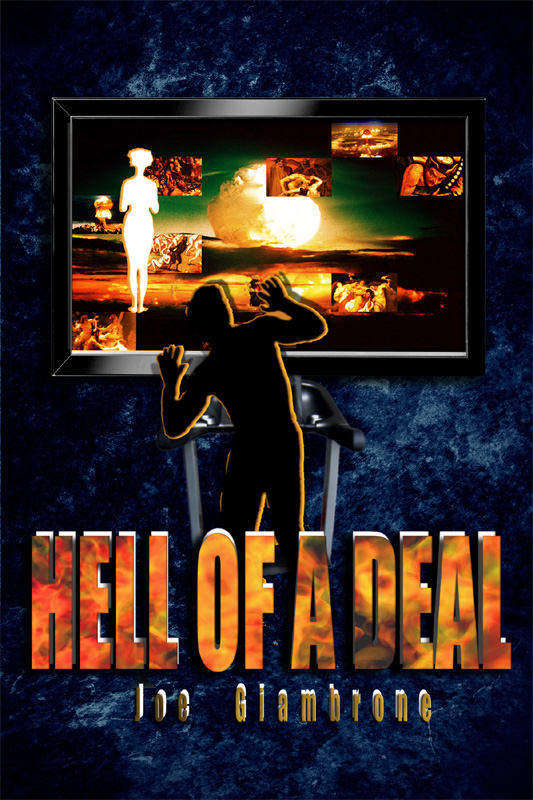"African American critic Wesley Morris hated it. He called it "unrelenting tastelessness -- [...] exclamatory kitsch -- on a subject as loaded, gruesome, and dishonorable as American slavery."
Pretty damning stuff at first glance, but Wesley Morris actually gave the film 3.5/4 stars and also wrote,
"I really like "Django Unchained," but I didn't like watching it amid the moronic laughter of some of his movie-geek fans. No filmmaker gives you as much as gleefully as [Tarantino] does. He's 49 now, and there's a new maturity in his style."
I can understand that Cecil Brown "hated" the film, but clearly Mr. Morris did not.
I'm quite sensitive to the perception of white money, white director, white screenwriter, black cinema. Understandably this is a very prickly topic, and can be perceived in any number of ways. Cecil Brown compares the plantation presented in the film to today's Hollywood:
"What are the social conditions that would permit Django to be the big howling, empty n-word joke that it is? One of these social conditions, certainly, involves the relationship between black actors and Hollywood as a symbol of the plantation system. "The plantation is called CandieLand (Candyland) and is meant to refer to Hollywood itself as a producer of entertainment (Candy). Get it?"
Really?
As Hollywood did not exist during the timeframe of the film, I saw no references in the film itself to suggest that this is so. Actual candy predates the motion picture system. This is an assumption, and a bit of a leap onto a pretty thin branch. It may be Tarantino's style to infuse everything with references to Hollywood, but the plantation system during slave times? Would Tarantino even think of this comparison?
That metaphor seems to originate with Ishmael Reed, who was admittedly biased against the film right from the opening credits. Reed wrote:
"Tarantino's fictional blacks apparently lack that part of the brain that makes one compassionate. While some blacks are being brutalized other blacks go about their business. In one scene, a black woman is being whipped while nearby a black woman is enjoying herself on a swing."
Those particular characters are obviously there to make a point about the divide and conquer strategies employed during slavery to create different classes of slaves, the house slave vs. the field slave. As such it would be more appropriate to examine in terms of class, and not race. The house slave vs. field slave distinction is obviously not an invention of Tarantino's, as Mr. Reed knows full well, but an expression of known historical phenomena with resonance and relevance today. This is a highly-charged emotional topic, but it's certainly not all concocted whole cloth by the director. He is merely pointing his camera in that direction.
We should be angry over slavery as well as racism. But lashing out at those who are trying to shine a light on both?
Tarantino has not only looked at slavery unflinchingly, but taken it to new levels of abstraction for modern audiences to ponder over. This is a very brave film that uses certain pathways into modern audience perceptions so as to bring home very real historical points, points which apply today. The psychology at work is universal, and power disparity and the stripping of human rights goes on right now somewhere in the world. Tarantino has used his own understanding and skills to craft a new take on an old subject, the way it most certainly wasn't taught in high school. For that alone he should be treated seriously and given some leeway, some fictional license to explore things on screen. The alleged hidden racist agenda of the director is simply not supportable. Filming a situation and endorsing a situation are two very different things.
Tarantino responded to some negative audience members at a preview screening:
"It's a rough movie. As bad as some of the sh*t is in this film, a lot worse sh*t was going on. This is the nice version."
I do support the film, and I consider it worthy of serious consideration. Coincidentally, the NAACP has nominated the film in four different categories for its "Image Awards."
"Despite a controversy over its use of the n-word, Tarantion's film collected four nominations, one for best picture and others for Jamie Foxx, Samuel L. Jackson and Kerry Washington." (Hollywood Reporter)Joe Giambrone is a filmmaker and author of Hell of a Deal: A Supernatural Satire. He edits The Political Film Blog, which welcomes submissions. polfilmblog at gmail.
(Note: You can view every article as one long page if you sign up as an Advocate Member, or higher).





